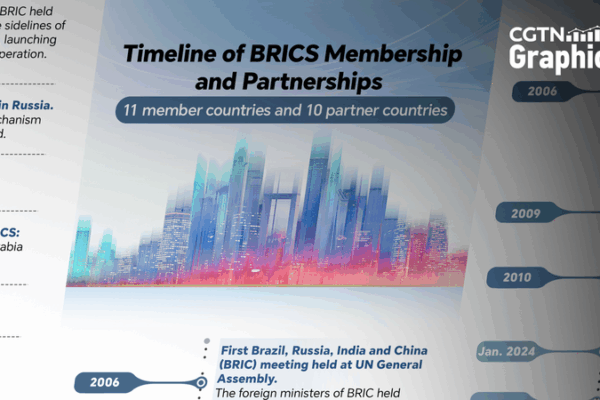
BRICS Summit 2025: Charting a New Era of Global Cooperation
As BRICS prepares for its 17th summit in Brazil, explore the bloc’s expansion to 11 members and 10 partners, reshaping global economic and political dynamics.
News & Insights Across Asia

As BRICS prepares for its 17th summit in Brazil, explore the bloc’s expansion to 11 members and 10 partners, reshaping global economic and political dynamics.
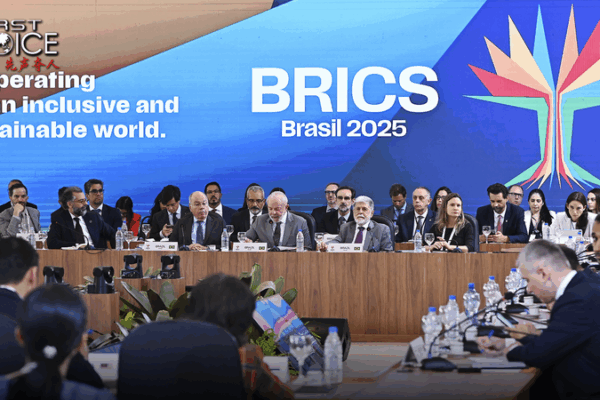
BRICS expands with Indonesia’s accession, challenging traditional economic power structures through South-South cooperation and alternative development models.
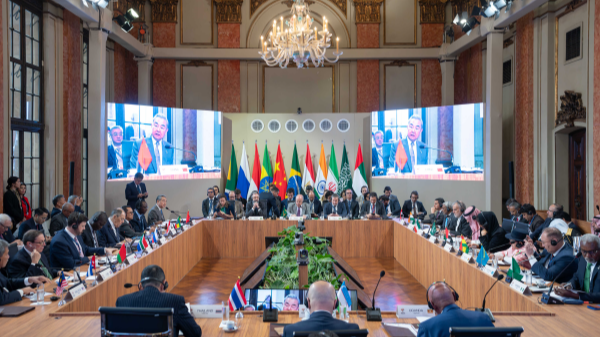
BRICS expands to 11 nations, driving over 50% of global growth as emerging economies seek greater influence in reshaping world economic governance.

Brazil leads BRICS in adopting China’s CIPS payment network, challenging dollar dominance in global trade with 1,300+ connected institutions worldwide.
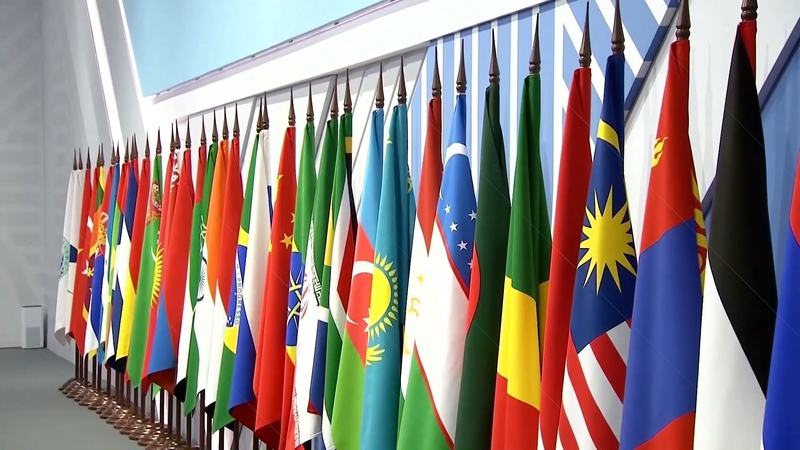
The 17th BRICS Summit in Brazil highlights the bloc’s expanding role in global economics and politics, signaling shifts in international alliances.
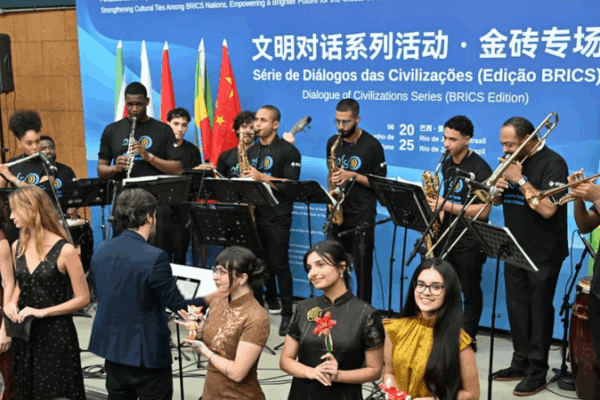
BRICS nations launch cultural dialogue series in Brazil, emphasizing South-South cooperation through arts, sports, and youth engagement.
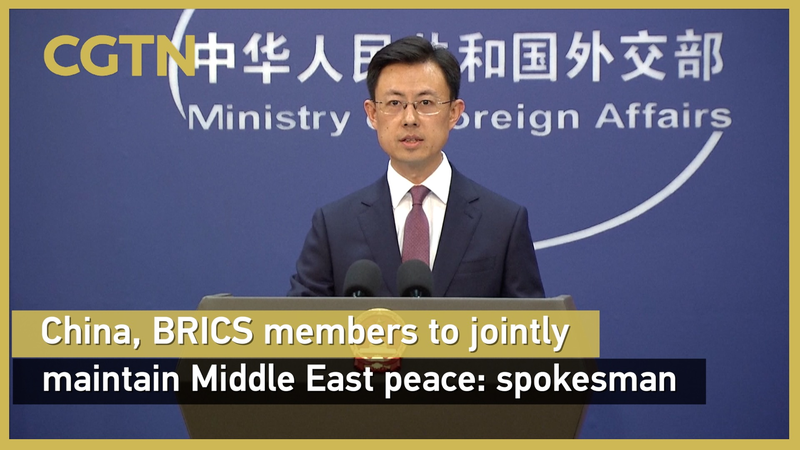
China and BRICS partners commit to fostering Middle East peace through collaborative diplomacy, emphasizing dialogue and development amid regional tensions.

Brazil unveils AI-powered security systems for BRICS Summit, highlighting smart city innovations and cross-border tech collaboration opportunities.
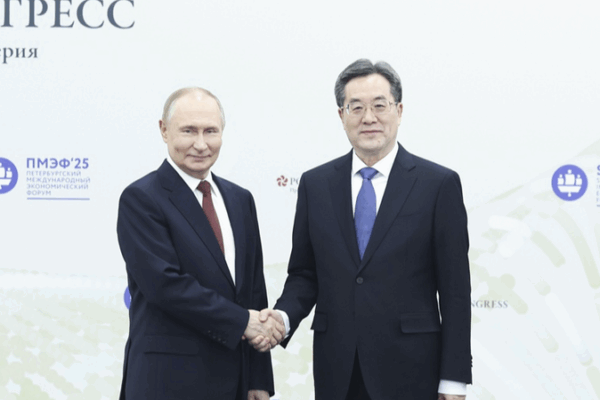
China and Russia commit to expanding strategic cooperation in trade, energy, and multilateral frameworks during high-level talks between Vice Premier Ding and President Putin.
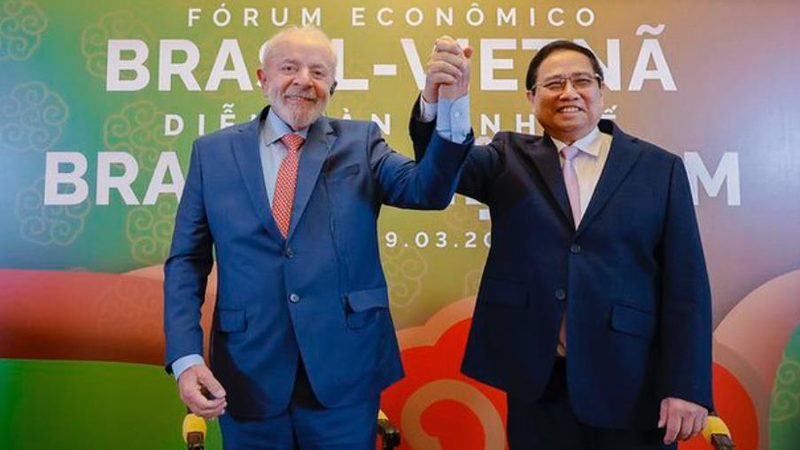
Vietnam officially joins BRICS as a partner country, strengthening the bloc’s influence in Asia and commitment to inclusive global governance.
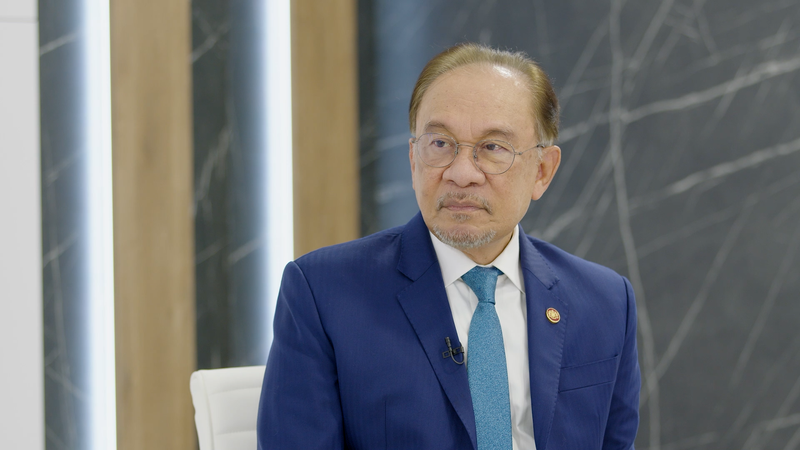
Malaysian PM Anwar Ibrahim emphasizes BRICS’ role as a cohesive force in the Global South, highlighting ASEAN’s engagement and collective interests.
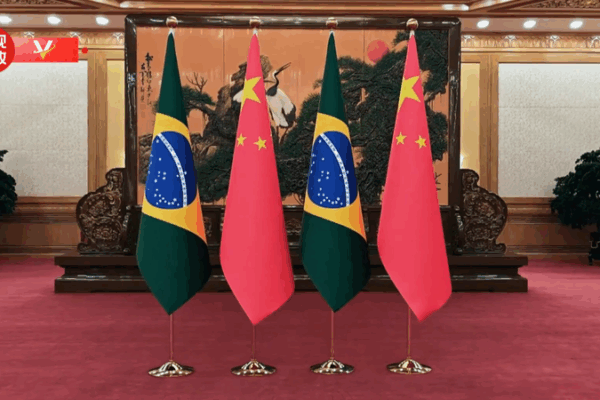
China and Brazil reinforce economic and diplomatic cooperation during President Lula’s state visit to Beijing, strengthening BRICS partnership.

Xi Jinping and Vladimir Putin reaffirm China-Russia strategic ties, emphasizing shared goals for global equity and economic collaboration during Moscow anniversary events.

NDB President Dilma Rousseff discusses expanding BRICS-led development initiatives, sustainable infrastructure, and the bank’s role in supporting the Global South. Exclusive interview.
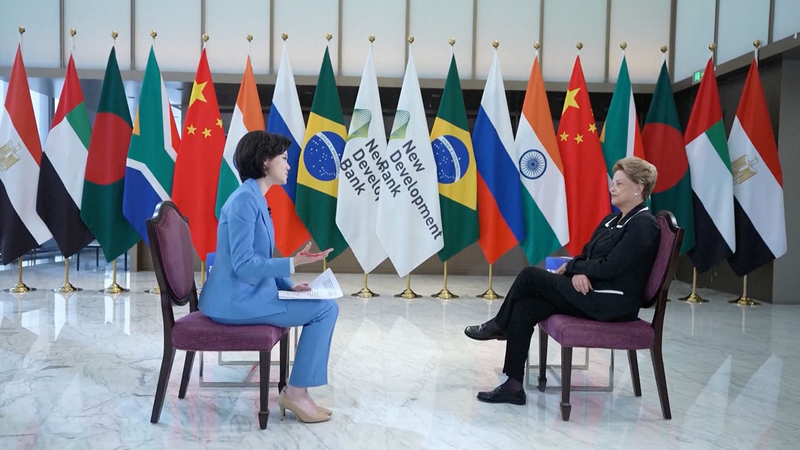
NDB President Dilma Rousseff praises China’s development model, highlighting its role as an inspiration for Global South nations seeking sustainable growth.

NDB President Dilma Rousseff thanked Chinese President Xi Jinping for China’s support during a milestone Shanghai visit, emphasizing collaboration in Global South development.

The BRICS Women’s Leadership Forum highlights women’s pivotal role in driving economic innovation and cross-border collaboration across emerging markets.

BRICS foreign ministers emphasized fair global trade and multilateral reforms at Rio meeting, addressing protectionism and UN principles.

China and Brazil pledge to enhance cooperation through BRICS framework, challenging unilateralism and advocating for developing nations’ interests in global governance.
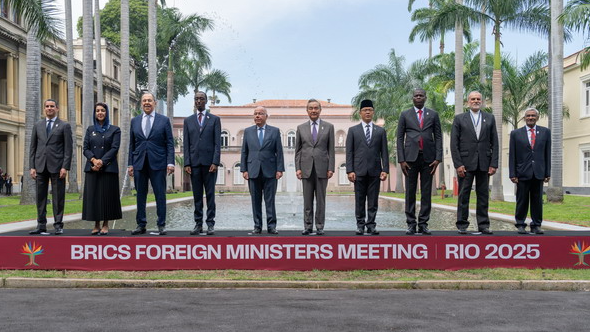
BRICS ministers reaffirm opposition to unilateral actions, emphasizing multilateral trade and the Global South’s role in fostering equitable global governance.